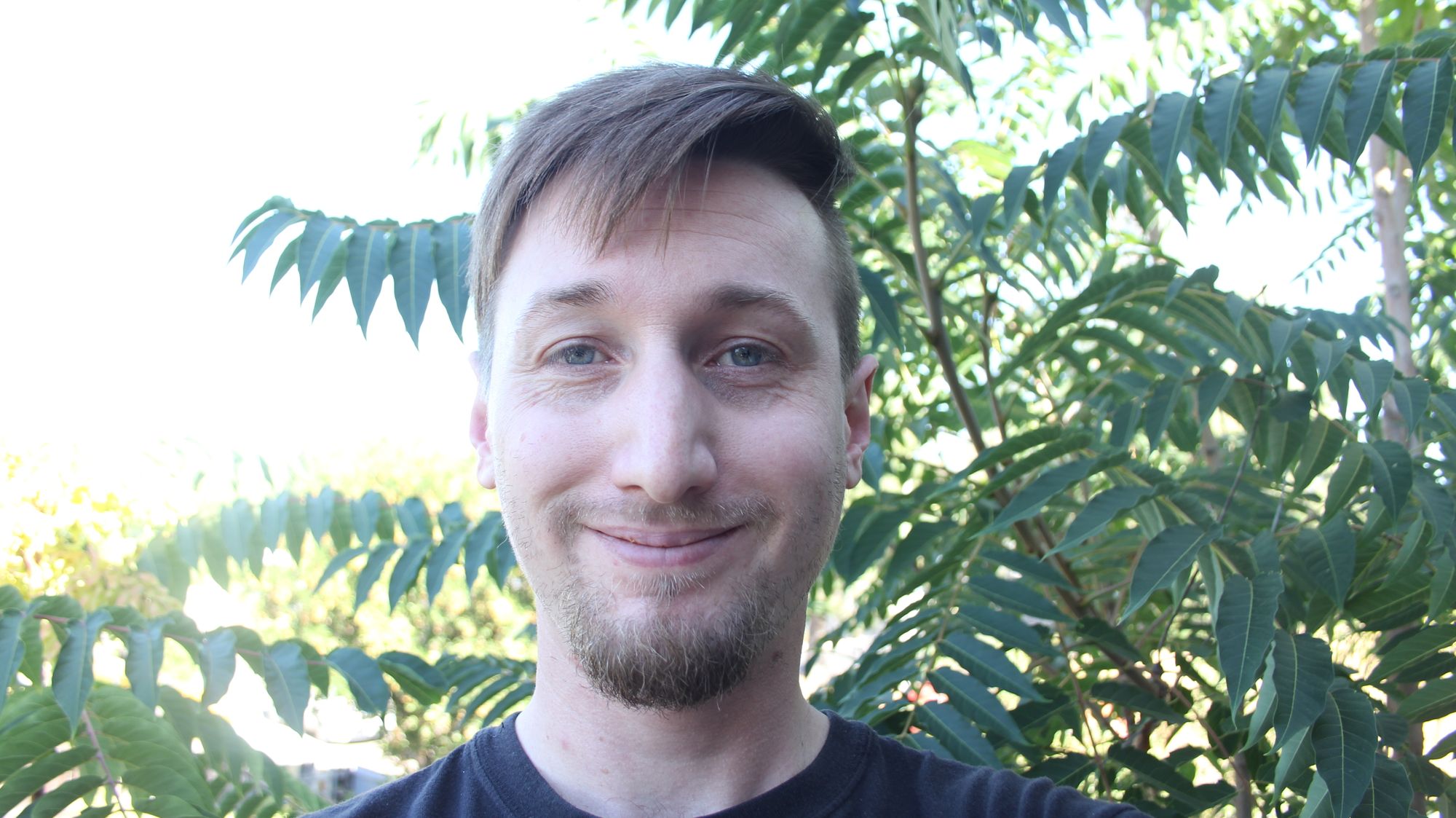Over the weekend, we saw the culmination of the efforts of activist groups, especially Sisters Uncut, to bring people out to protest the actions of the police. Although the murder of Sarah Everard by police officer Wayne Couzens can be seen as what sparked the protests, hers is but one of many stories that have added fuel to the fire. The government is working to strengthen the powers of the police ever further, essentially making all effective forms of dissent illegal. As activists, we see first-hand the problems that come with having a strong police force, or even one at all. Even if one has not engaged in any protest or any form of opposition to the State, one still suffers violence from it, to varying degrees.
I was one of the thousands that gathered in Piccadilly Gardens, Manchester on Saturday evening. Although I was not expecting there to be much of a radical showing – more ‘defunders’ than ‘abolishers’ – I was pleasantly surprised by the mostly ‘ACAB’ mentality of the crowd. Certainly, over the day I saw not a hint of apologism taking place, and nothing to even suggest that things as they are are anywhere close to how things should be.
As 4:30pm came, the march began, heading toward St. Peter’s Square. The last demonstration I had been to was a BLM one in London last year, so naturally I was relishing being part of such a large showing of people again, after so long without. I could tell that this pleasure was also shared by many there. We hate what has caused us to need to do this, and that we should need to do it at all, but there is a certain something within us all that has a great appetite for the spirit of solidarity. This was no doubt helped by the music blared over speakers and the chants of classics such as, ‘Whose streets? Our streets!’ which are music to our ears in themselves.
At St. Peter’s Square, speakers gave emotional speeches that mentioned a wide array of issues that we face in relation to the police, though the main focus was what women are forced to suffer. They put into perspective how the police, as the arm of State violence, are allowed to continue in their detrimental acts, yet policies and institutions that benefit the common person are far more than noticeably lacking. Inspiration from the actions of BLM in recent times was also made clear, with declarations from speakers that we follow the calls of BLM to oppose the police.
Some of the demands that were given, addressed to the government, included calls for, ‘specialist domestic and sexual violence services,’ ‘reproductive justice,’ ‘autonomous trans healthcare,’ ‘universal access to a benefits system that treats people with respect,’ ‘a real living wage,’ and that access to this be given to all, regardless of immigration status. One also brought attention to the fact that we stood in a city built off the backs of working and enslaved people, and also that we stood close to where the Peterloo Massacre took place, a brutal example of State violence against protesters back in 1819. Some of the women speakers also told stories of how they, or other women, or both, had experienced violence either from the State, or from people the State failed to protect them from, or help find. These were more than harrowing, and the long list of names of women who had suffered was no less so. Speakers made clear that the State will act with apathy in regard to the violence it claims to protect the common people from, whether committed by one or their own or not, but when any sort of dissent is seen, the police are guaranteed to be there, in no time.
Not just the government, but the Labour Party were also given no quarter in speeches. We are familiar with how the two bills that will bring about our police State have been allowed passage by a majority of Labour MPs through abstention. Despite a reversal to oppose the Police, Crime, Sentencing and Courts Bill, this only came at the last minute due to the severe backlash after Sarah Everard’s murder. Naturally, this, and the general bad track record of many Labour MPs in social justice, was made plain to listeners.
During the speeches, people laid flowers at the feet of the speakers, in memory of Sarah Everard. The passion that flourished in their words was at a height that I had rarely heard in my entire experience of demonstrating. The police looked on the entire time, the silent watchers to a strife caused by the very institution they are a part of. If any could listen to this and not be at least moved, never mind think better of their profession, then truly the State had chosen their actors of violence well.
We began another march in the direction of Deansgate, eventually circling back to St. Peter’s Square. This was followed by more impassioned speakers who came directly from the crowd, some of which came directly from the crowd. I found these to be no less powerful, as one does not need carefully-chosen words to show the emotion they feel as a result of injustice. The feeling is one collectively felt; we do not see ourselves as free until all are. By 7pm, the majority of us dispersed, leaving our placards alongside the flowers, an accompaniment to the beautiful memorial and a testament to our will to oppose the essential criminalisation of our well being and freedom.
Although our demonstration was one of many peaceful ones, the weekend did not go by without any incident of violence. I could not conclude this piece without the mention of the Bristol demonstration on Sunday. As we can expect, the common media narrative is the usual condemnations of violence ‘toward police officers’, but we know from the activists there that this is not the case. It is all too easy for these apologists for the State to twist the perception of protesters through a careful selection of their language, subtly leading the reader to assume the police were the victims rather than explicitly claim it and lie without evidence. The light property damage and acts of self-defense by activists pale in comparison to what was directed toward them at the time by the State, and exponentially more so by the violence the State commits to us all every day. Ours in Manchester was peaceful, but only because the police chose to merely look on, and not use these classic tactics that we are all too familiar with. If they will continue to do so remains to be seen.
Special thanks to our patrons, John Walker, BoringAsian, Mr Jake P Walker, Joseph Sharples, Josh Stead, Dave, Bliss, Hol, Aryeh Calvin, Rylee Lawson, Meghan Morales, Kimonoko, Squee, Manic Maverick, Max Dixon.
Please consider giving us your support:





